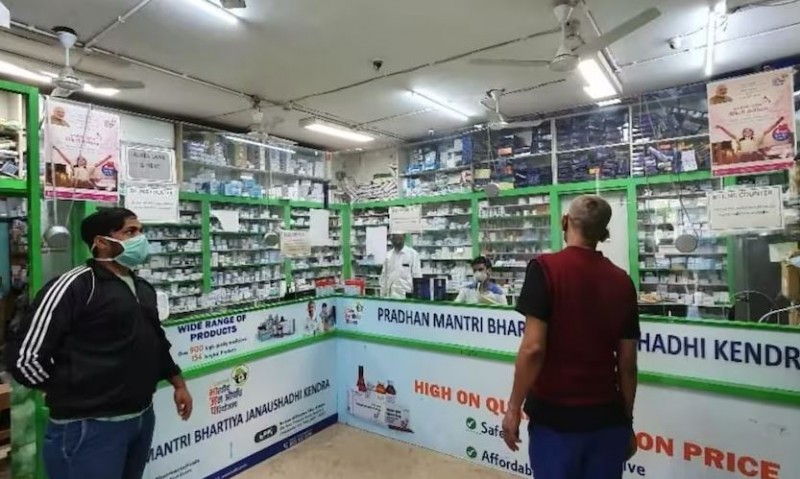
Bangalore: Fresh conflict is brewing between the Congress government in Karnataka and the Centre as the state’s health and medical education departments have decided to shut down Jan Aushadhi outlets in state government hospitals. This move, which could exacerbate existing tensions over various issues, raises a crucial question: Why is the Congress government choosing to close these Jan Aushadhi Kendras, given their significance for the people?
Jan Aushadhi outlets, part of the Centre's Pradhan Mantri Jan Aushadhi scheme, provide quality generic drugs at affordable rates. These outlets, which are currently present in a limited number of government facilities such as KC General Hospital in Bengaluru, serve a vital role in making essential medicines accessible to the economically disadvantaged.
The Karnataka BJP has announced plans to launch a protest against this decision. BJP state president BY Vijayendra criticized the Congress government, accusing it of "hate politics" and pointing out that the closure of these outlets will negatively impact around 20 lakh households who benefit from the scheme. Vijayendra highlighted that there are about 8,900 such centres across the state, serving as a crucial support for poor patients.
Congress functionaries argue that government hospitals already provide medicines for free and suggest that the presence of Jan Aushadhi outlets within hospital premises might lead to corruption. Despite these claims, many question whether this rationale justifies the closure of these beneficial outlets.
Medical Education Minister Sharan Prakash Patil declared that Jan Aushadhi outlets are no longer necessary in government-run hospitals, including those under his department. He pointed to the existing network of 22 hospitals affiliated with medical colleges, 11 government super-specialty hospitals, and 158 district and taluk-level hospitals as sufficient for addressing the medical needs of the poor.
Given the apparent utility of Jan Aushadhi outlets in providing affordable medication to the underprivileged, the decision to close them raises questions about the motivations behind this policy shift. As the situation unfolds, the debate continues: is the closure a necessary administrative measure, or does it overlook the needs of those who rely on these outlets for essential medicines?
Former Jharkhand CM Champai Soren Visits Delhi with 6 MLAs: BJP Talks Loom?
Home Ministry Orders States to Report Law and Order Every 2 Hours Amid Protests Over Doctor’s Murder
Sudan Conflict Escalates: 85 Killed in Paramilitary Attack on Village